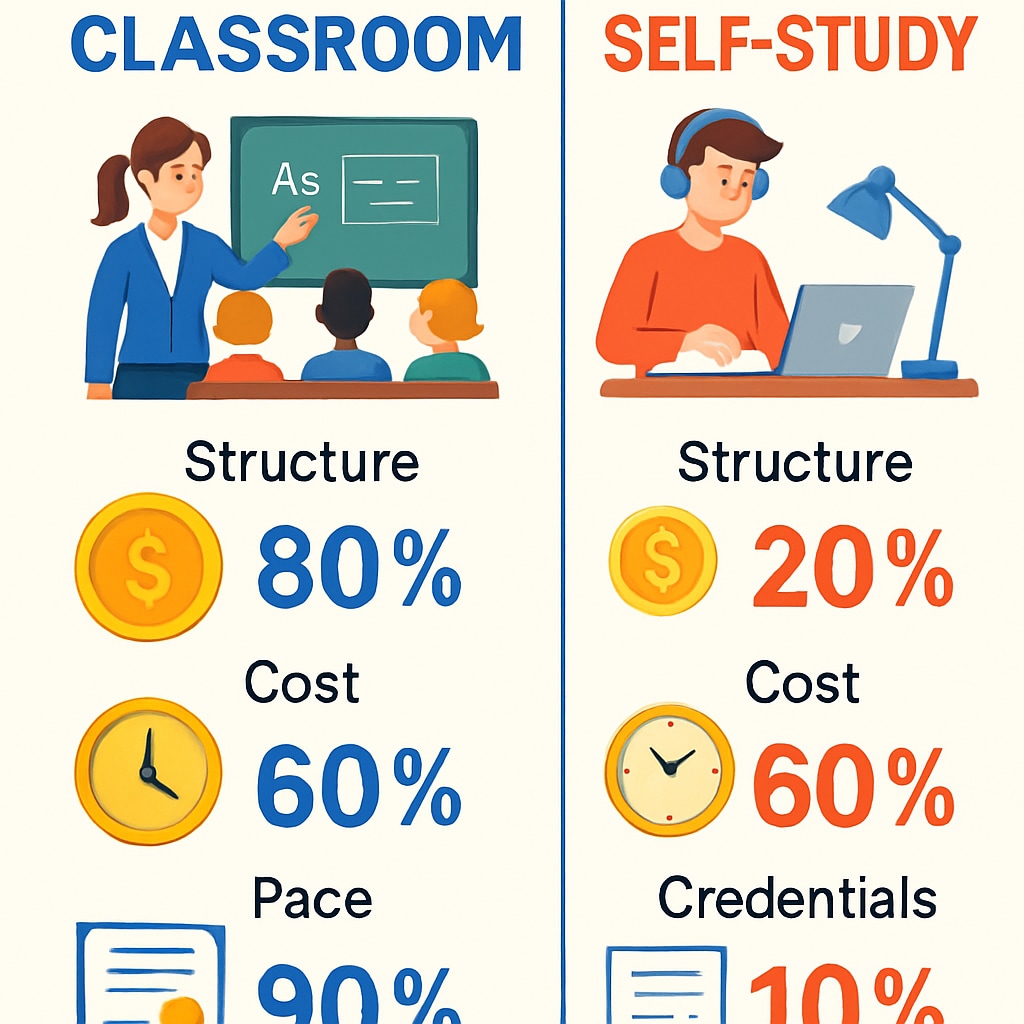When considering “学校教育,年龄,自学” (formal schooling, age, and self-education) for adults over 18 without prior academic experience, the decision requires careful evaluation of personal circumstances and learning objectives.

Advantages of Formal Education for Adult Learners
Structured learning environments offer several benefits that self-education often cannot match:
- Credential recognition: Degrees from accredited institutions carry weight in professional settings (US Department of Education accreditation standards)
- Structured curriculum: Organized syllabi prevent knowledge gaps in foundational subjects
- Peer interaction: Classroom discussions enhance critical thinking through diverse perspectives
- Access to resources: Libraries, labs, and expert guidance unavailable to independent learners
The Case for Self-Directed Learning
For autonomous individuals, independent study presents compelling advantages:
- Personalized pace: Focus on relevant topics without institutional timetables
- Cost efficiency: Avoid tuition fees using free online resources (OECD research on self-directed learning)
- Practical focus: Directly acquire job-relevant skills rather than general education
- Schedule flexibility: Balance learning with work or family commitments

Making the Right Educational Choice
Consider these factors when deciding between structured and independent learning paths:
- Career goals: Professions requiring licenses (medicine, law) mandate formal education
- Learning style: Some thrive with deadlines while others prefer exploratory study
- Financial resources: Evaluate tuition costs against potential earning increases
- Time availability: Full-time programs require significant commitment
Ultimately, the “学校教育,年龄,自学” decision depends on individual circumstances. Many successful adults combine both approaches – taking targeted courses while maintaining self-education habits for continuous growth.


